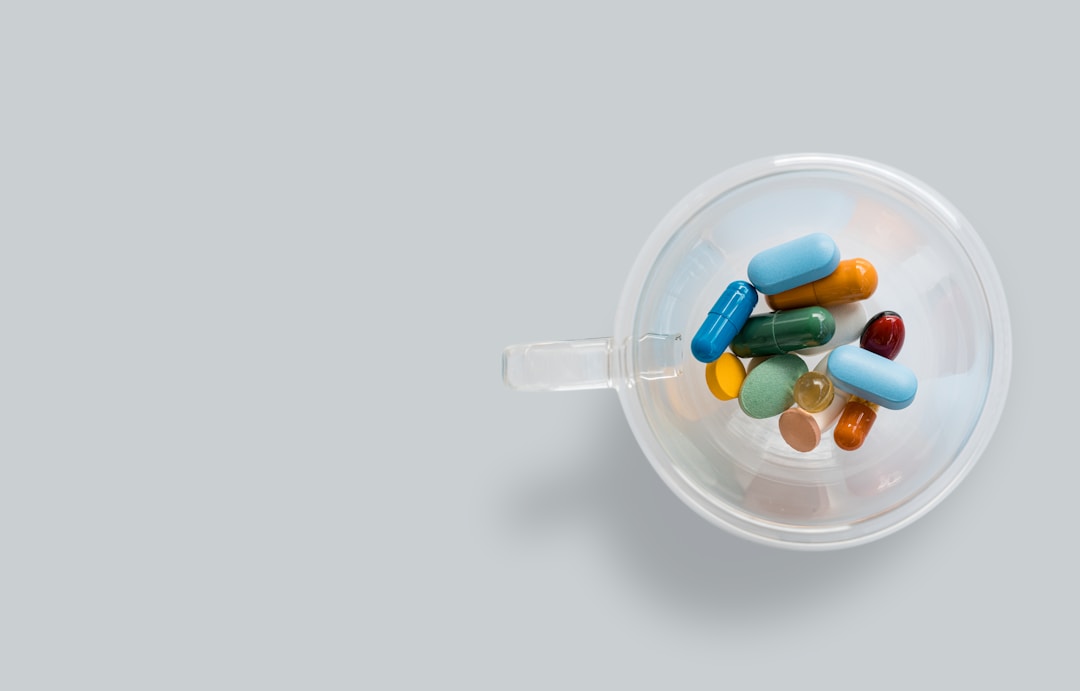It’s understandable if you’ve been having a difficult time lately. The stress of living through a global pandemic for almost two years now has taken a toll on everyone, and millions of people were already struggling with their mental health for one reason or another. Since brain chemistry is unique, it can be frustrating to find effective treatments and forms of therapy, especially if you don’t know where to look. A lot of people take daily supplements for issues like vitamin deficiency, but they may be more versatile than you think. If you’re considering purchasing a new supplement, read on to learn whether or not they can be beneficial in mental health treatment.
Can supplements be beneficial in mental health treatment?

There are a lot of ways to approach taking better care of your mental health, but supplements can be an effective complement to other forms of treatment in some cases. It all depends on what supplements you use and what your specific goals are. For example, medicinal mushrooms, in particular, are gaining attention, in part because of the effect they can have on mental health and wellness. Many people find that even just the process of developing and sticking to a daily wellness routine can be helpful when you’re trying to manage a mental health condition.
One reason to consider mushroom supplements is that they’re a source of folate. Believe it or not, folate has become known as an essential vitamin for mental health support. There is research that suggests folate can be beneficial if you’re experiencing a depressed mood, and individuals with low serum folate and B12 cycles can sometimes fail to respond to more traditional antidepressant medications. Using a mushroom supplement or incorporating more mushrooms into your diet are both great ways to increase the amount of folate you’re getting on a regular basis.
If you’re considering adding a new supplement or product to your daily routine, it’s a good idea to check with your health care provider first. Your doctor can explain how your supplements are likely to impact any health conditions you have or interact with other prescription medications you’re taking.
What else can you do to improve your mental health?

Therapy is one of the best investments that you can make for your overall well-being. Some offices and treatment centers even incorporate multiple types of therapy, including individual therapy, group therapy, and family therapy, to help their patients make progress. It may take some trial and error to figure out which form of therapy works best for you, and the same goes for finding the right therapist. There are also specific programs available for adolescents and young adults who could benefit from working with a psychiatrist or participating in talk therapy.
The amount of sleep you get on a regular basis can also affect your mental health. Sleep deprivation can cause a range of health problems, including issues specific to your mental state. Sleep deprivation has been shown to cause memory problems, trouble with thinking and concentration, and mood changes. You may find yourself moodier, more emotional, and quick-tempered when you haven’t slept enough. Chronic sleep deprivation can affect your mood to the point of increasing your risk of developing depression or anxiety in the future.
It’s not easy to manage the symptoms of mental illness, and it can take a long time to settle on the right treatment plan for your specific needs. It’s important that you stick with it and remain an active participant in your care. Therapy is a good place to start, but rethinking your daily routine is another smart thing to do. A lot of us take daily supplements for one reason or another, but it might surprise you to know that products like mushroom supplements can affect mental wellness, too. If you need advice on how to treat your mental health condition, the best thing to do is to connect with your doctor and ask about what your next steps should be.

